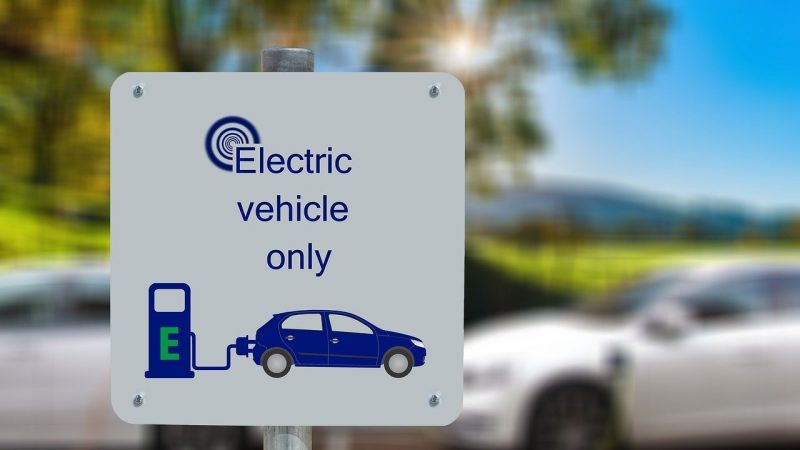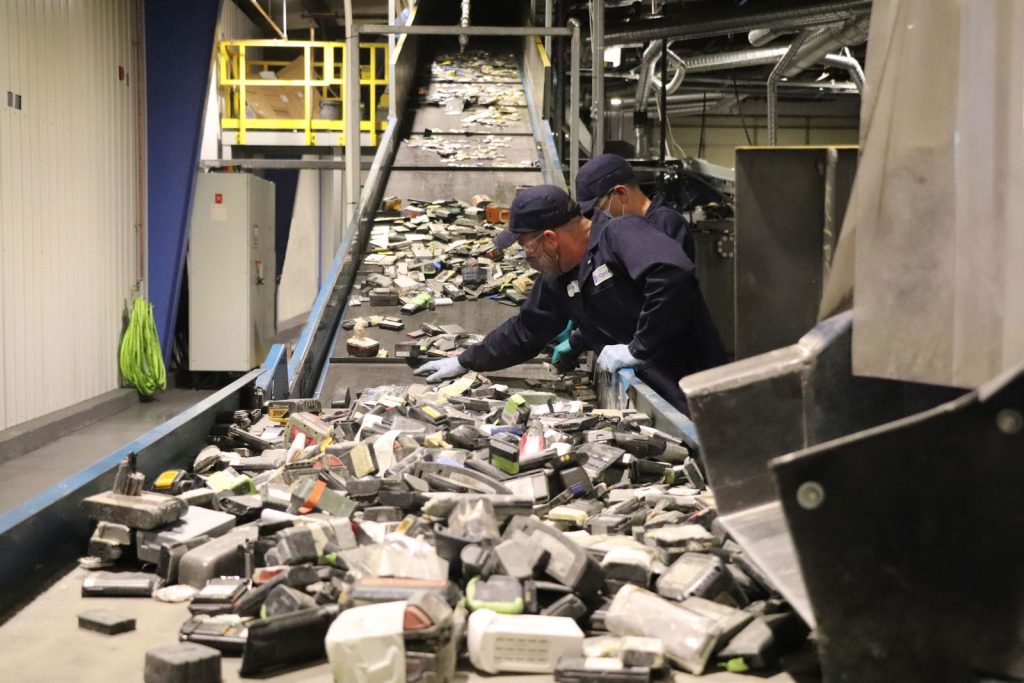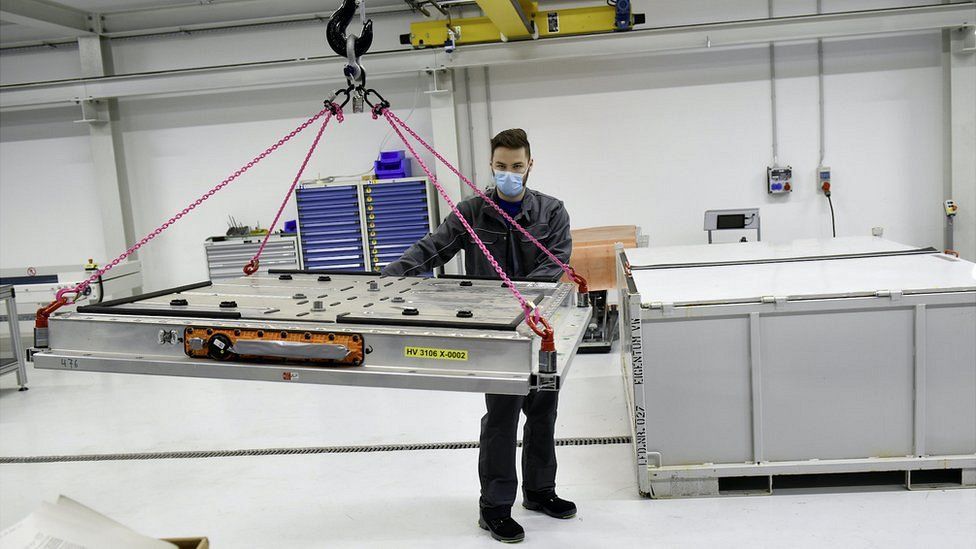There was no such concern for the used gasoline.
The advent of electric cars and their widespread use on the roads is beneficial for the environment, developed states are moving forward towards complete electrification of cars but they do not come with all the pros as per the latest raised concern. What will happen to all the used electric car batteries that go dead after a certain period of being used in a car?
Paul Anderson from the University of Birmingham stated that “The rate at which we are growing the electric-cars industry is absolutely scary” or alarming to say. This statement only reflects the electric car use and their disposed of batteries centric to Europe. For your stats to get straight on the subject, the EU is hoping to have a flow of approximately 30 million electric cars on the roads by 2030.

Co-director of the Birmingham Centre for Strategic Elements and Critical Materials, Dr. Anderson said that “It’s something that’s never really been done before at that rate of growth for a completely new product.” As many conveniences the electric cars bring by canceling out most of the carbon dioxide emissions and cheaper recharges than refueling a car, the concern for the disposed batteries still stands alarming, could be a red flag for the environment in the coming times.
Anderson added, “In 10 to 15 years when there are large numbers coming to the end of their life, it’s going to be very important that we have a recycling industry.” The absence of which could pose a serious threat to our environment. You must be thinking what happens to the conventionally used batteries that go dead? Traditionally used lead-acid batteries are widely recycled; however, things are different when it comes to lithium-ion version batteries used in electric cars.

Batteries used in electric vehicles are larger and heavier than conventionally used batteries in cars or with home appliances. Lithium-ion batteries have hundreds of individual cells which require proper dismantling once they go dead. Inside they contain hazardous material which has a high potential of exploding if disassembled in the wrong manner.
“Currently, globally, it’s very hard to get detailed figures for what percentage of lithium-ion batteries are recycled, but the value everyone quotes are about 5%,” says Dr. Anderson. “In some parts of the world, it’s considerably less.”
Many companies including Nissan, Volkswagen, Renault, and others have stepped up to cater to this concern by partnering with waste-management firms to dispose of the dead batteries the way that is appropriate and leaves them with fewer chances of harming the environment.

Some of the companies are re-using these batteries by recycling them to play their role in powering the equipment in the factories and that is one way to get rid of the danger they could pose to our environment.



